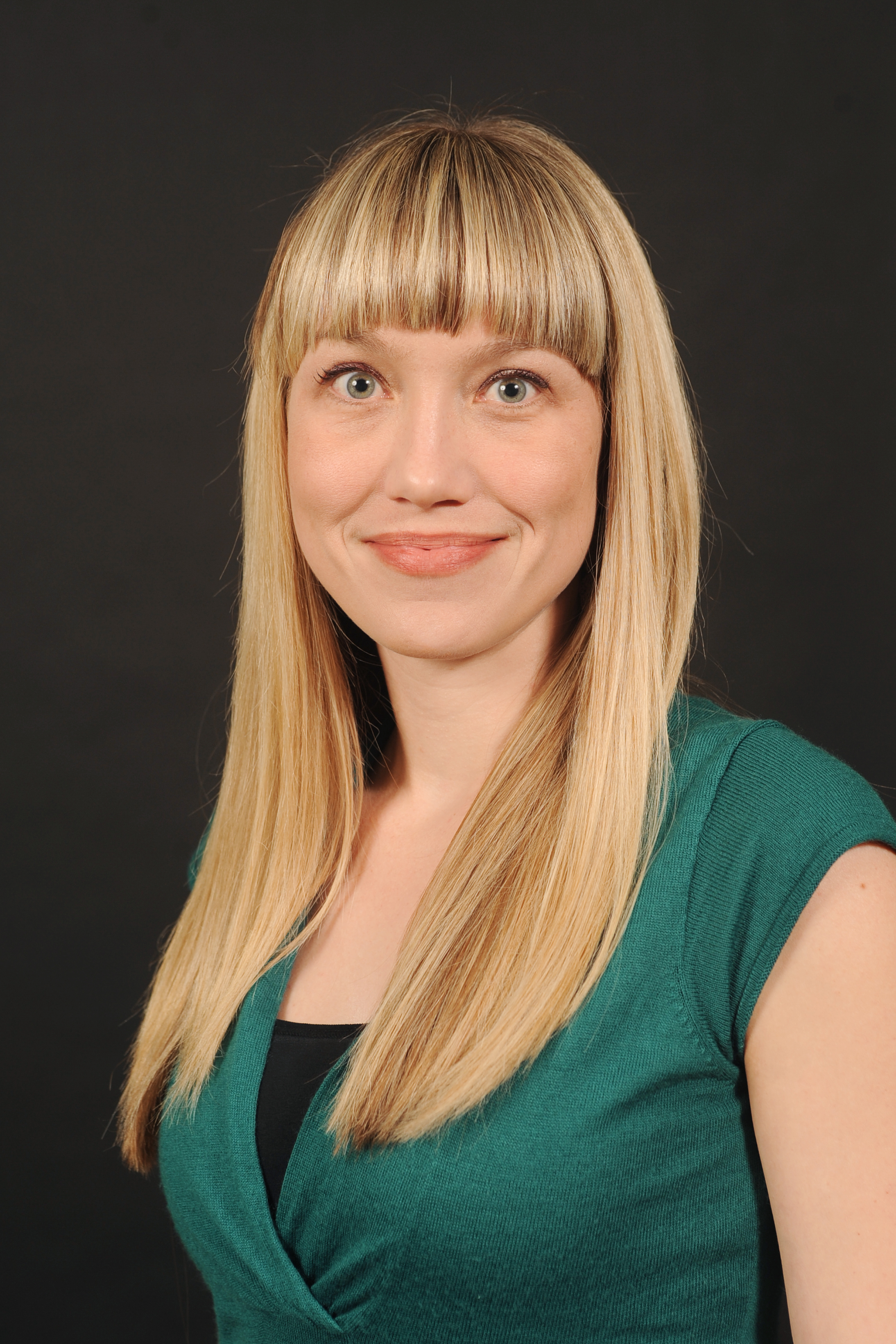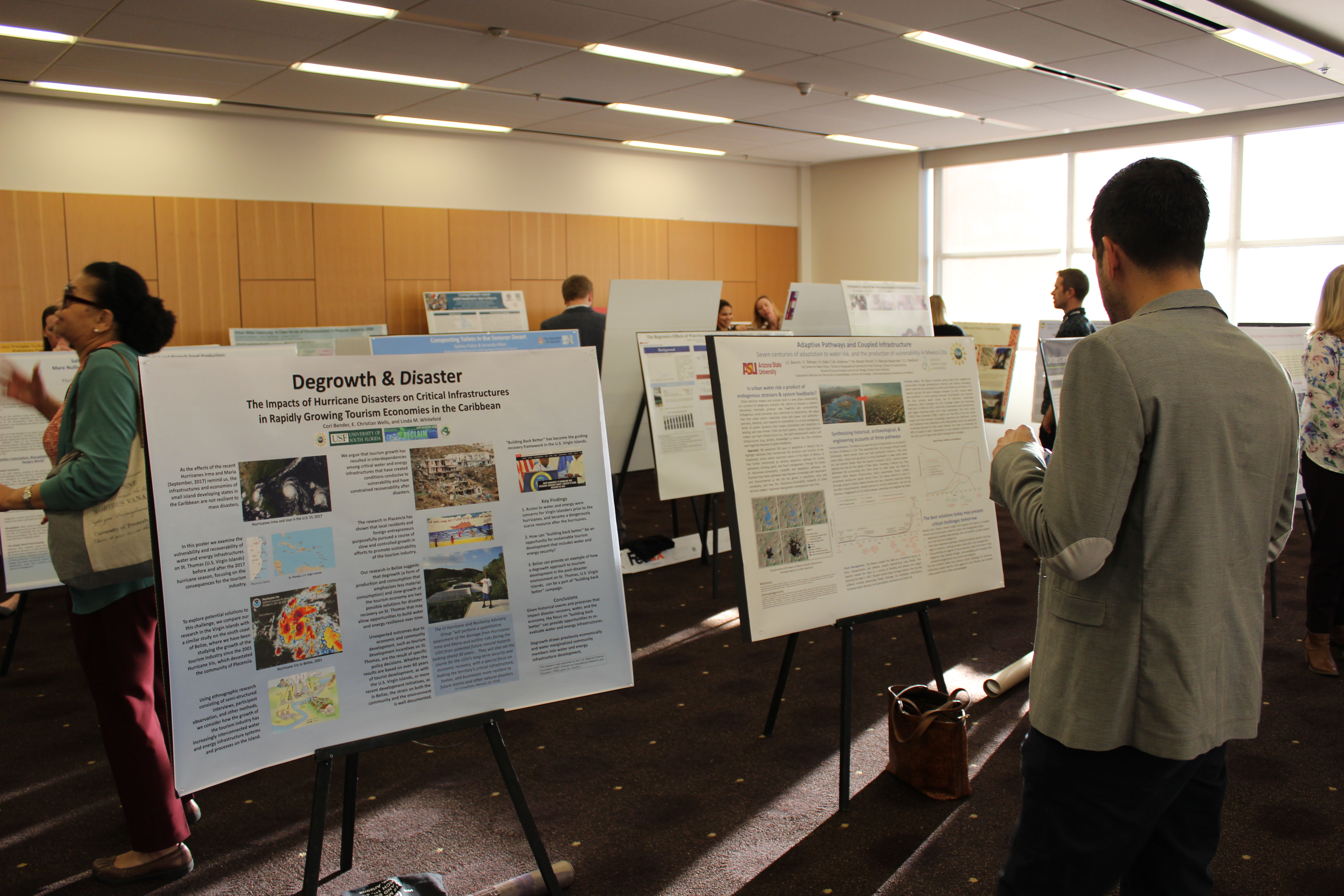Conversations on the future of water spring up in the desert
ASU hosts national economic anthropology conference, bringing world’s top social scientists studying water to Phoenix
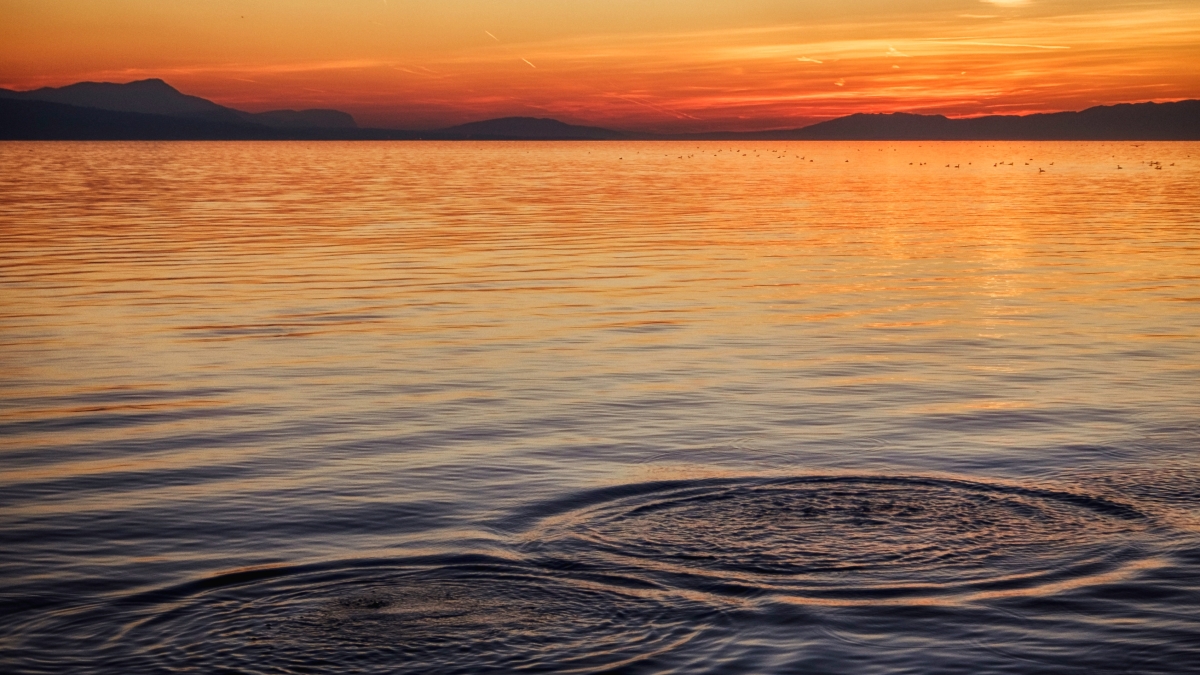
In early March, the Center for Global Health in ASU’s School of Human Evolution and Social Change hosted this year’s Society for Economic Anthropology (SEA) international conference, with participation and support from many other units at the university and beyond.
Each year, the SEA conference draws economic anthropologists from around the world to explore how they can use their unique insights to address challenges and embrace opportunities on various societal, cultural and economic issues.
This year’s theme was “Water and Economy” — with a particular focus on water scarcity. Below, Professor Amber Wutich, director of the Center for Global Health, explained why this gathering was a crucial first step in aligning the world’s top minds on water.
Amber Wutich.
Question: Why has resource management become a big concern for scientists globally, and why is water often at the forefront of these discussions?
Answer: Water is a basic human resource, perhaps our most fundamental need. Managing scarce resources effectively has been a major problem through all of human history. But today, the increasing inequality, complexity and interconnectedness of human organization poses new problems, and stressors like climate change make equitable and sustainable resource management even more challenging.
The reality is that many communities all around the world now face water issues — from overuse and conflicts over water rights, to underinvestment and inequalities in infrastructure and delivery. These scarcities can trigger humanitarian disasters and political instability and poor sanitation also means outbreaks of infectious diseases like cholera. Not having reliable access to water, it turns out, is so stressful for people that it's also a major trigger for mental illnesses like depression. This is why water is increasingly on the radar of not just scholars, but governments, businesses and human rights activists.
These are issues in Arizona too. Because of Arizona’s arid climate and dependence on the Colorado River, we are in constant negotiation with our surrounding states over water rights. And we always need to pay close attention to water management within Arizona as well — a major challenge is making sure our farmers have what they need to grow food, while still serving our growing urban centers too. It can help the state a lot to have such a diverse set of scholars come together here to help design new solutions.
Q: How did this year’s conference come about?
A: I’ve worked on water issues my whole career, starting from my dissertation research nearly two decades ago in urban Bolivia. Having worked closely with the Center for Global Health since it was established, I have always pushed for water to be a central part of the global health agenda for the university.
In 2006, I began working as a postdoctoral fellow with ASU’s Decision Center for a Desert City. They and Future H2O helped provided support for this conference. Those collaborations helped me to better understand the connections between water and governance in the Arizona area, and connect to the very wide net of people at ASU who work on water.
A conference dedicated solely to this topic also offered an incredible opportunity to bring together anthropologists and allied scholars from around the world. It gave us the chance to debate major questions, find new ways to approach how humans use, manage and value water globally, and help establish how we should approach water problems in the future.
Q: How many attendees and participants took part?
A: Over 100 scholars, from senior to emerging, participated from all over the world. Some of the star water scholars who joined us were Raul Pacheco-Vega (CIDE, Mexico), a leading voice in this community; Chad Staddon (University of the West of England, Bristol), the director of the International Water Security Network; and Wendy Jepson (Texas A&M), an AAAS Leshner Fellow on water and food security.
Our keynote speaker was Jessica Budds, a geographer from the University of East Anglia in the U.K. who studies the connections between poverty and exclusions from water systems in the global south. Leila Harris, the co-director for University of British Columbia’s program on water governance, also gave an excellent presentation on indigenous water rights in Canada. Her talk provoked a discussion that is needed and relevant to the long history of tribal stewardship of, and rights to, water in our state.
Much work is being done by scholars outside the U.S., especially in the middle and lower income countries where water equity issues are often severe. By live-tweeting to over 20,000 people under the hashtag #EconAnth2018, our conversations here reached a wider international audience, which helped raise the exposure of many key debates.
Q: How does this topic align with and overlap with the work of your peers at the school and center?
A: ASU’s Center for Global Health specializes in methodologically-innovative research on the economic, political and cultural processes that produce health inequalities.
For example, President’s Professor and Center for Global Health Founding Director Alexandra Brewis Slade is leading a team that is studying water sharing between households as a type of informal economic behavior. That project is starting to demonstrate this behavior as a crucial survival strategy in water-scarce areas of some countries, something never before documented systematically.
The School of Human Evolution and Social Change’s work on the archaeological front is also incredibly important because it allows us to examine these causes and consequences with much greater time depth. The school’s archaeologists have done amazing work over the last two decades looking at the very long-term resilience of people in the Valley of the Sun around water management, from the prehistoric Hohokam communities up through today.
Q: How was diversity of perspective critical in an event like this?
A: These water scholars came from a range of scholarly fields, but also many different countries and personal backgrounds. Many grew up or live in communities faced with severe water challenges. For example, we talked about what has happened around lead contamination of the water supply in Flint, Michigan, with researchers who live and work in the state. We watched and engaged in discussion around an outstanding ethnographic film about Flint called “Nor Any Drop to Drink.”
Conference attendees check out poster presentations during a break between panels.
We all came away with a much better understanding about what went wrong there, such as why water managers chose to switch the city’s water source and expose the residents of Flint to lead. The discussion also helped clarify why residents are so distrustful of both lead testing and remediation efforts to fix the problem. It takes bringing together and digging into all of these different pieces and perspectives to begin to understand how we might avoid or address such tragedies in the future.
Q: Were there any other “aha” moments?
A: Tennille Marley, an assistant professor of American Indian Studies at ASU, discussed her research with American Indian communities in Arizona. She made the key point that not all water is the same — for example, water with sacred or ceremonial properties may need to be understood as a different thing altogether from water intended for regular household consumption. This is really important for understanding the many ways people experience water shortages, and suggests that one-size-fits-all solutions may not work well for water problems.
Q: What other areas will you be focusing on in 2018 and beyond?
A: We are bringing together some of the key scholarly findings from the conference in a special issue of the journal Economic Anthropology in 2019. But more generally, the Center for Global Health is helping to lead a new massive network of international scholars working on what we are calling Household Water Insecurity Experiences (HWISE), together with Texas A&M University, Northwestern University, and University of Miami.
The network has grown quickly to include over 100 collaborators across the globe, and we are about to publish an innovative scale to allow us to better measure household water insecurity in lower income countries. Together with these partners, ASU’s Center for Global Health will be able to better define and then address water struggles around the globe, including showing how alleviating basic struggles for water has amazing positive ripple effects on human health.
More Environment and sustainability
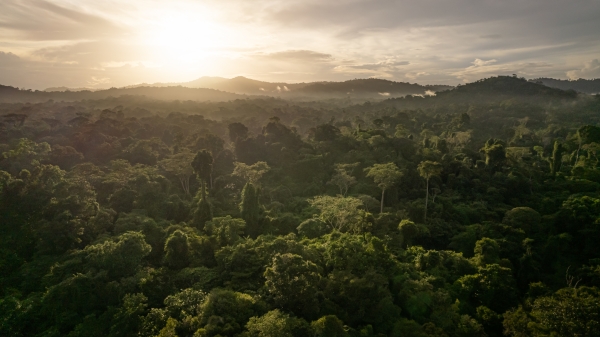
Study: Conservation actions highly effective at halting, reversing biodiversity loss
A new study, led and contributed to by Arizona State University faculty, provides the strongest evidence to date that not only is nature conservation successful, but that scaling up conservation…
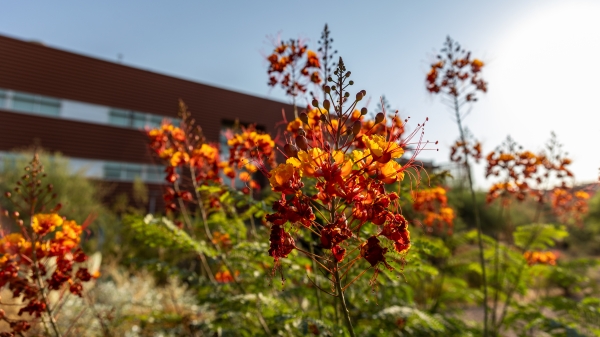
Barrett Honors College to host nature walks for science, relaxation
Barrett, The Honors College at Arizona State University is gearing up to participate in the City Nature Challenge (CNC) for the fourth consecutive year. This annual event, taking place April 26–29,…
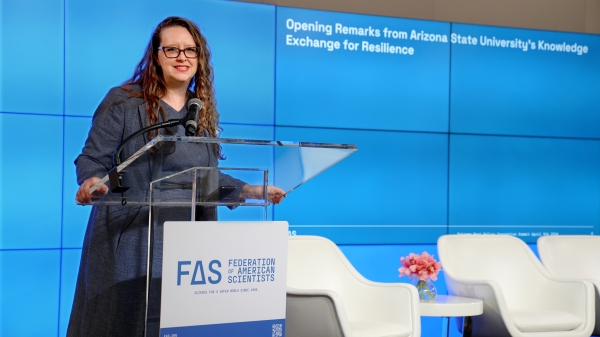
Arizona adapting to heat crisis with initiatives featured in ASU report
Arizona State University's Knowledge Exchange for Resilience, also known as KER, released its Recommendations Report on Extreme Heat Preparedness earlier this April during a summit in the nation's…
